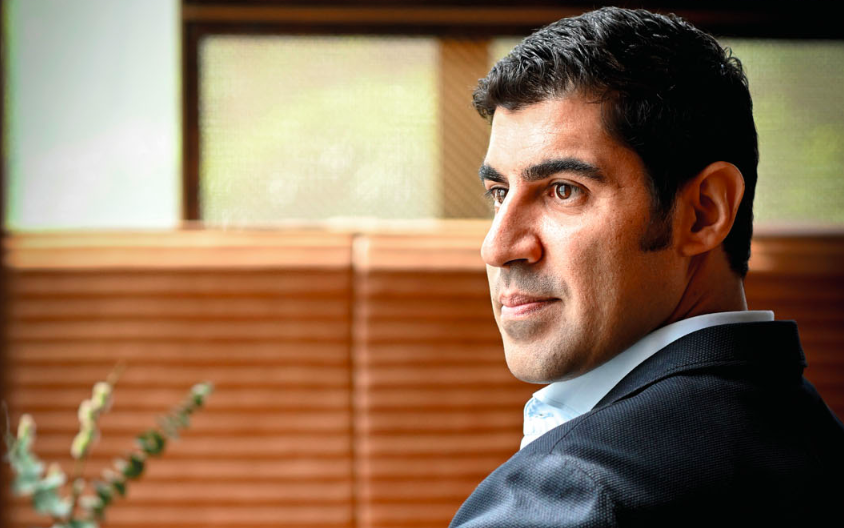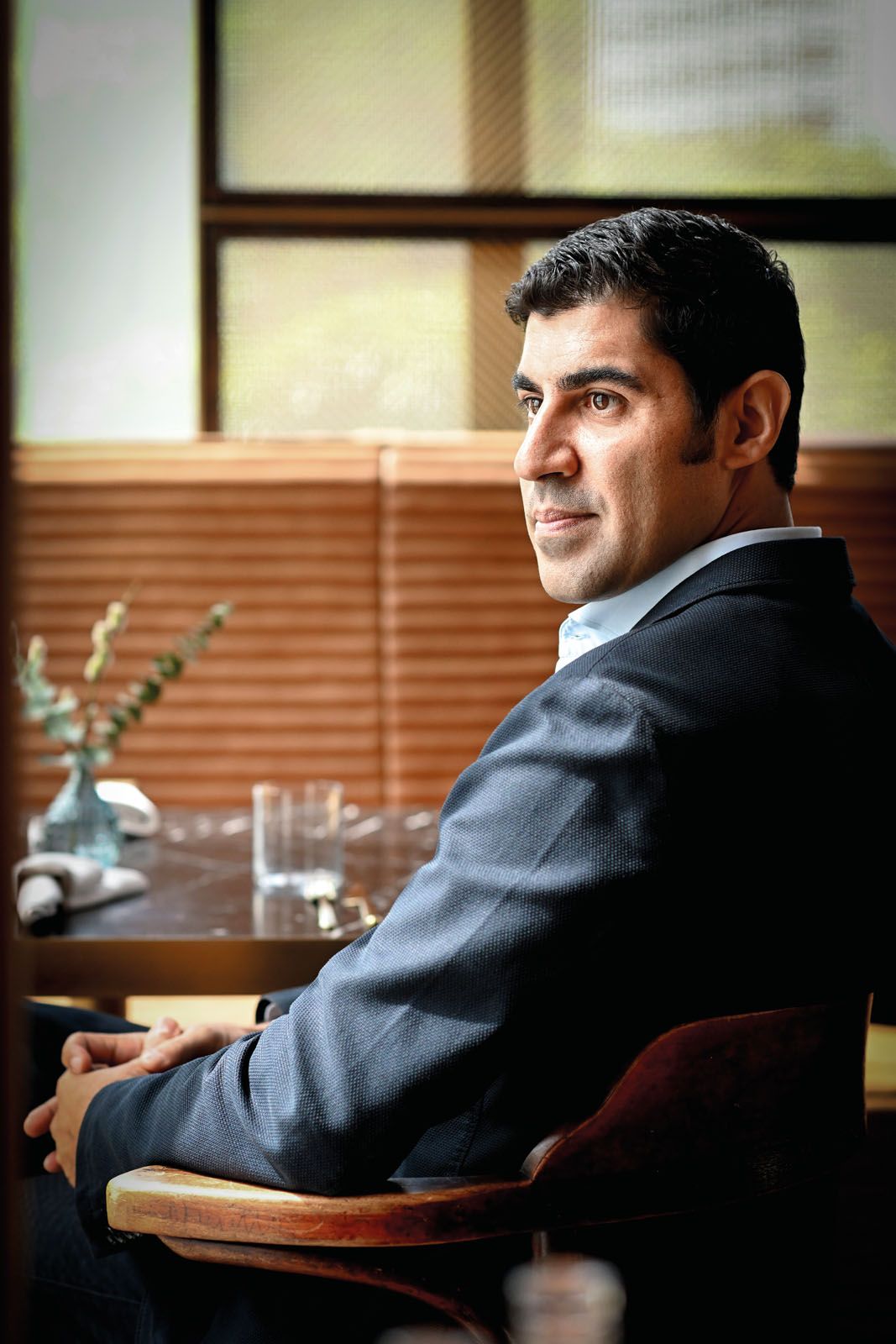We sit down with the author of The Future Is Asian
We meet Parag Khanna right after we watch him deftly field questions during an event organised by the Forum Club and the Essec & Mannheim Executive MBA programme at 1880 members club. So it comes as a bit of a surprise when this eloquent geopolitical strategist tells us he was once almost held back in school as a child because he did not speak English very well.
Here’s why: when he was six years old, his parents moved the family from India to the United Arab Emirates, and then to the US, in pursuit of better economic opportunities. They settled down in New York, where Parag soon learned to master his new home’s national language.
More adventures arrived in 1989, the year he turned 12. “The Berlin Wall fell, and my dad said, we’ve got to check this out,” he recounts. A month later, they were on a family vacation in East Germany, where Parag got to sit on a section of that very wall. “That was my geopolitical awakening. Every single thing I’ve done in my career, I can trace back to that moment.”
He later finished high school in Germany as an exchange student, and went on to study international relations at Georgetown University and the London School of Economics, and worked for prestigious think tanks and academic institutions. Today, he is the founder and managing partner of strategic advisory firm FutureMap, and author of six books. The latest of these is The Future is Asian, in which he presents a largely optimistic view of the region’s socio-economic prospects and soft-power influence.

